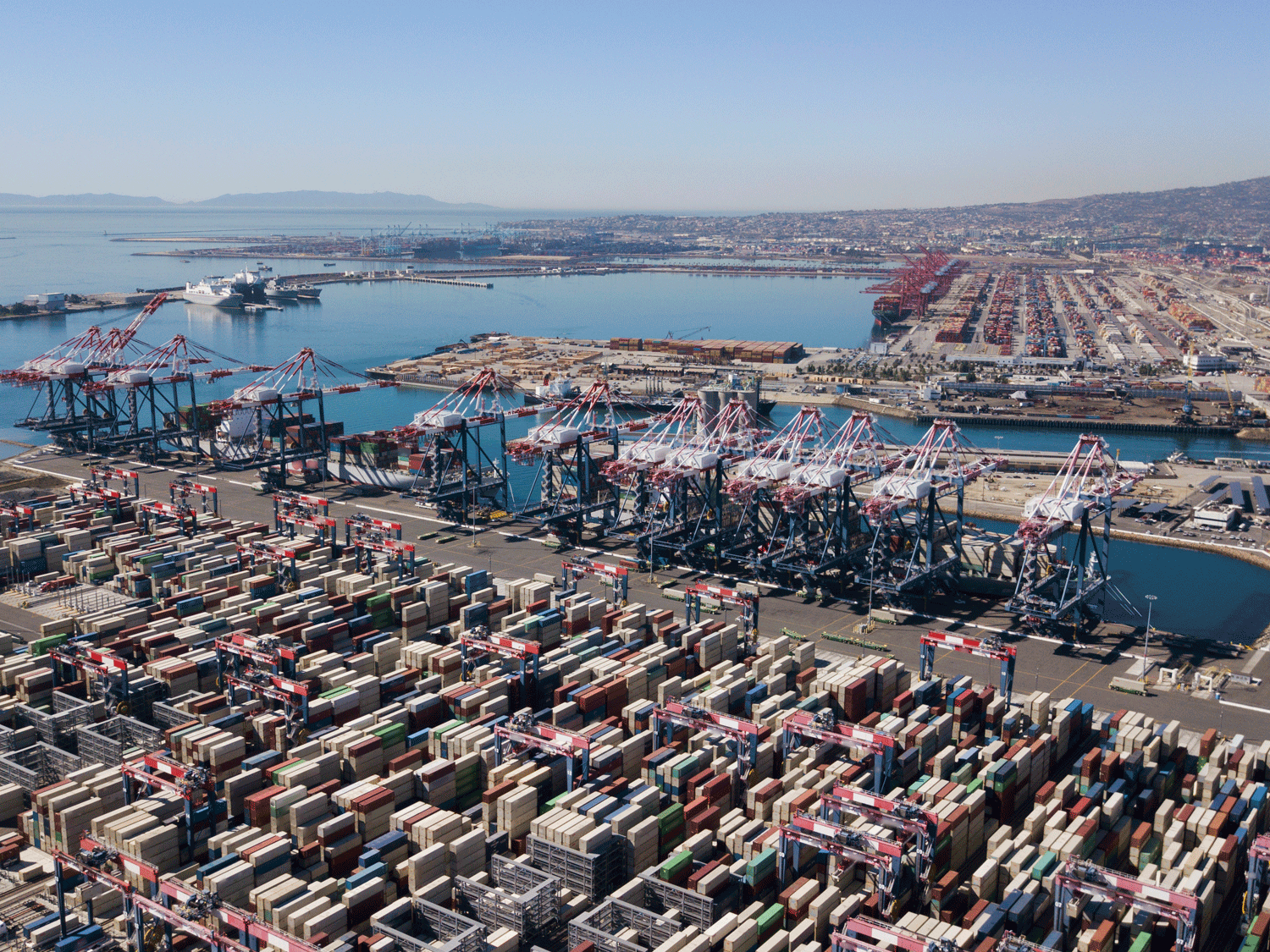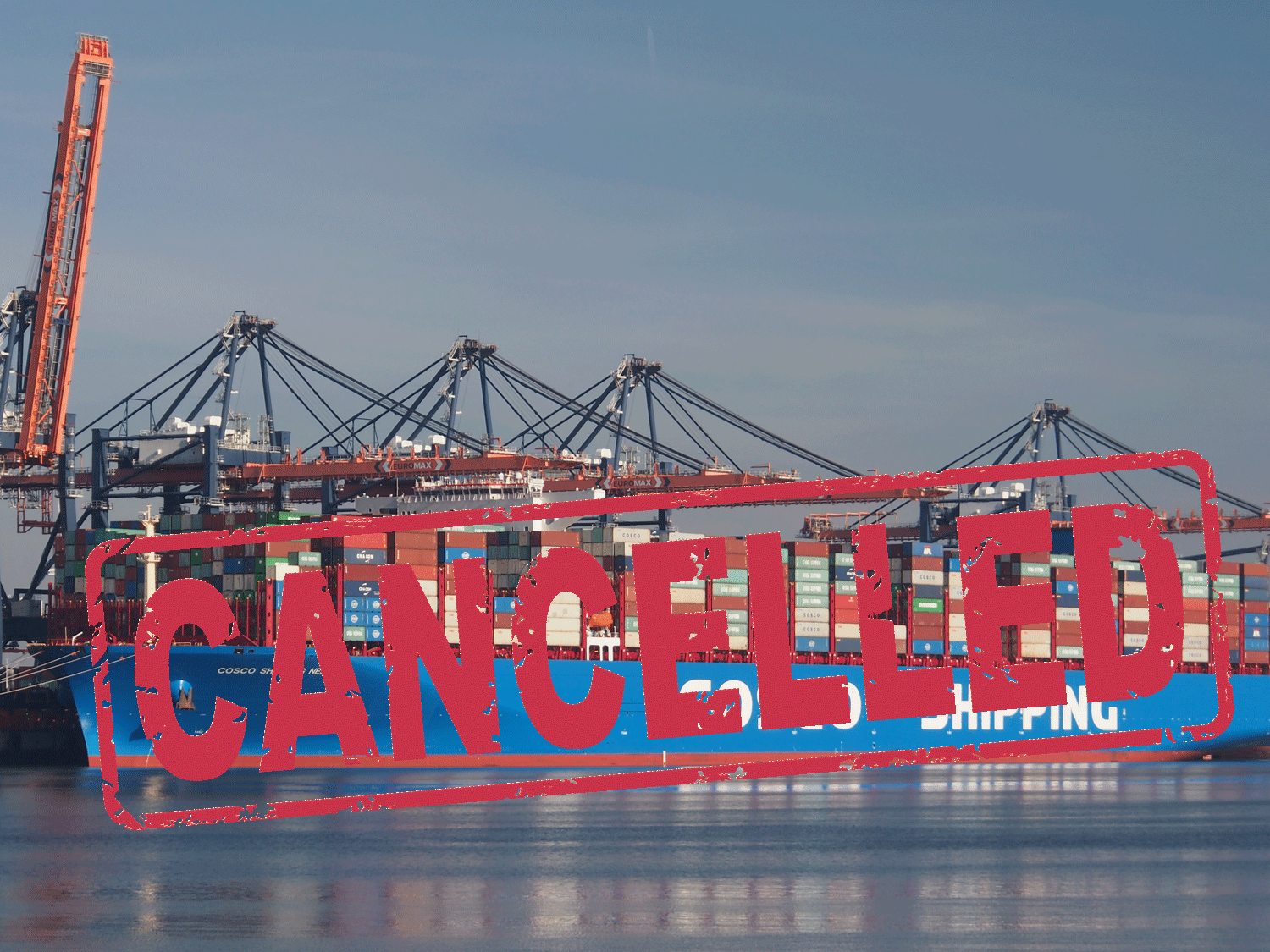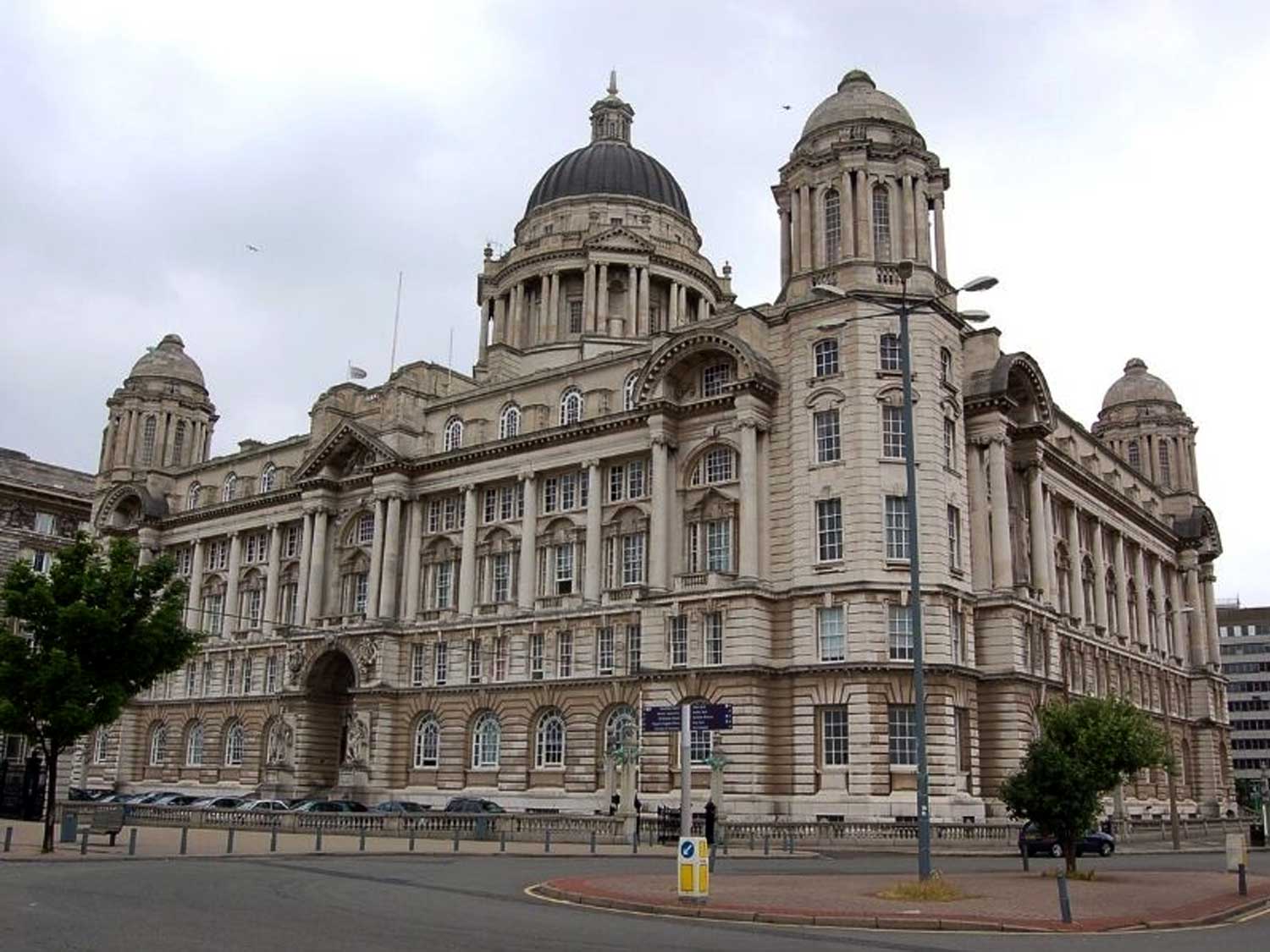Congestion at ports on both sides of North America remains a severe issue, though our colleagues in the US advise us that vessel queues may be easing this week in some areas.
Three blanked sailings by the Ocean Alliance should relieve some pressure on US ports, but are putting upward pressure on rates from the UK and Europe to the US, with a GRI imposed on the 15th February and another likely on 1st March. There is also still the possibility of further shipping line surcharges expected as high global freight demand continues, compounded by issues with shipping schedules and the inability for the USA logistics infrastructure to respond to the high levels of trade.
The blank sailings on Ocean Alliance AL1 and AL6 in week 9 and week 14 have been announced, with void sailings expected to continue through March/April.
According to an update from The Alliance member Hapag-Lloyd there are currently 35 ships at anchor waiting to berth at the US’s top two ports of Los Angeles and Long Beach, due to the spike in import volumes and lack of dockside labour, due to a Covid outbreak. This figure is down by two ships from the end of January. Fortunately California has started an urgent vaccination programme for its hard-hit dockworkers.
Terminal operators expect near-record container volumes to continue into the spring, but the backlogs of vessels in the harbour and laden inbound containers on the terminals should dissipate sometime between April and June. Some vessels are taking weeks to be unloaded despite arriving as anticipated, due to the rolling backlog.
The Federal Maritime Commission (FMC) is investigating ocean carriers’ operational issues and practices that the commission believes are contributing to congestion at the ports of Los Angeles, Long Beach, and New York and New Jersey.
The FMC’s November launch of the probe came after a coalition of truckers, shippers, and customs brokers urged an immediate suspension of detention and demurrage charges at the ports of LA, Long Beach, and NY-NJ.
Further north, there were 10 ships waiting to dock at Oakland as of last Friday, while in New York berth congestion has slightly decreased with vessels waiting upwards of 1-2 days for a berth at various terminals.
Additional factors causing the congestion are weather related delays. As with many other North American ports, Hapag-Lloyd cited increased dwell times for import volumes and large inventories of empty containers continuing to impact operations at all New York terminals.
There is also huge pressure on transport requirements within the USA, adding to the challenges, with related additional costs and availability of equipment throughout the region.
The one port really under greater pressure this month appears to be Savannah where Hapag-Lloyd registered 16 ships at anchor as of last Friday, a figure up by six from a fortnight earlier.

In Canada, the congestion at Vancouver is expected to last well into Q2, Hapag-Lloyd predicted. Dwell times at Halifax was recorded as 1.9 days, Montreal 3.2 days, Vancouver 3 days and a very lengthy 9.8 days at Prince Rupert.
In addition demand for container shipping from UK and Europe continues to be very strong, with reduced schedules into the USA, further compounding the challenges being experienced within the industry.
We continually strive for visibility and forecasts on demand for container movements from our customers, both to and from the USA and all global markets, and would request that we continue to receive anticipated movement data, to manage the situation, which is expected to continue into the summer months.
While we have, like the rest of the market, seen significant price and volume pressures on all major sea freight markets, our carrier partners have honoured agreements and have been, as far as they can be, proactive in their support. This is a reflection of the four decades of credibility and partnership that Metro have developed and demonstrated within the industry. As well as recognition of our customers support year in year out, with a long term strategy and approach that we always advocate.
Metro negotiate rates and volume agreements with a broad portfolio of carriers, across the three alliances, to offer our shippers the widest range of service offerings, port-pairings and rates.
For further information contact Grant Liddell or Kevin Lake, who would be delighted to talk to you about your situation and trade requirements in 2021 with the American continents.





